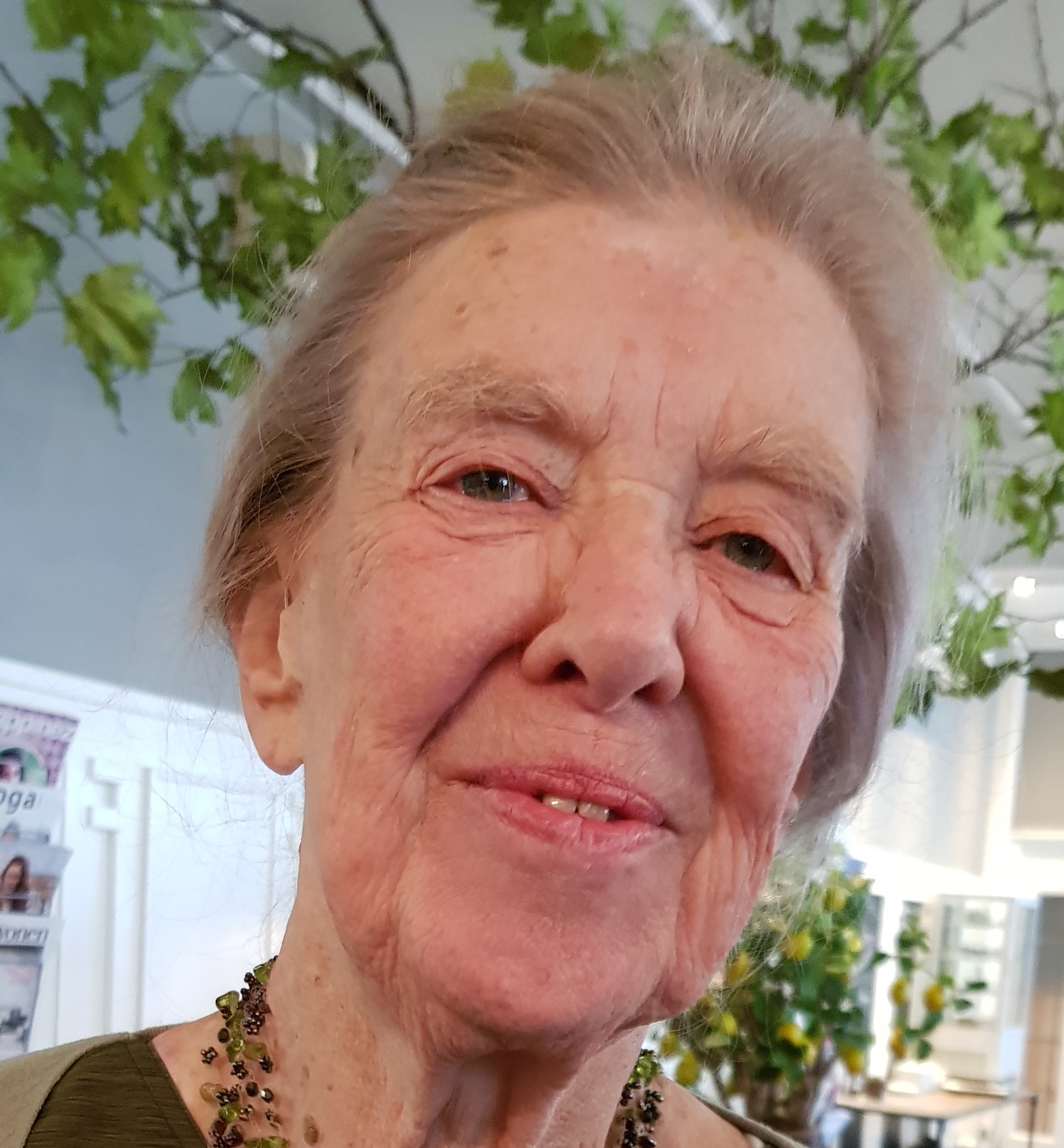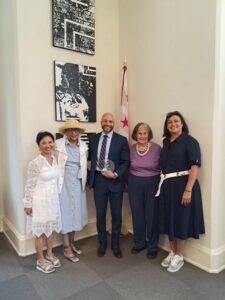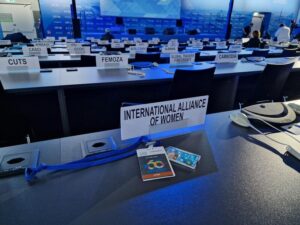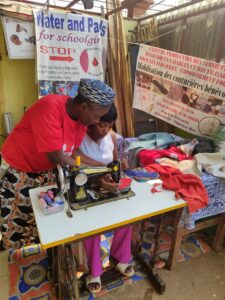REPORT SEMINAR WORLD NGO DAY – 28 FEBRUARy 2020 – BRUXELLES
This seminar was organised by the INGO Conference of the Council of Europe in collaboration with other NGO’s.
The most interesting panel was on “Do activists, changemakers and human rights defenders need NGOs?”.
Civil society consists of formal NGO’s and non-formal groups. Non-formal groups consist of social movements (Me Too) and street protests people.
Main problems world wide:
- Demographic change with more older and less young persons
- Migration
- Climate change
Issues:
- Backlash against NGOs is increasing
- General distrust widespread also against and between NGO’s
- Digitalisation
- Social media
- On-line activism with positive and negative effects
- Populism: “we represent the population of the grassroots and we do not need NGO’s”
- New – conservative – civil societies against liberal democracy becoming active and even mainstream; some with a clear strategy and a lot of money.
- Advocacy organisations getting more difficulties such as hate speech, safety, funding, relational,
- Funding often linked to regulations which might interfere with independence.
- Some NGOrganisations when receiving funding – are losing their charity status through regulations and have to pay taxes.
Problems such as SOROS in Hungary and INGOs in Russia
- Cooperation with governments and politicians requires access, which is getting limited.
Panel on Expectations – Future Needs chaired by Sandra Pernar, Open Government Partnership and Anna Rurka, Chair INGO Conference and others :
- NGOs are not the executors of political decisions
- NGOs are partners of Governments
- NGOs have power
- Elections are not enough to be involved in the debates and decisions
- Consent of those governed is to be given continuously
- Governments, UN, EU, CoE have the legal obligation to involve NGO’s
INGOs have consultative / participatory status in which this is laid down
- The CoM (Committee of Ministers) of the CoE (Council of Europe) has formulated the guidelines of civil / NGOparticpation
- There is also a clear definition of “political participation” (Anna Rurka)
- NGO’s are not flexible enough. The world is changing and we have to adapt our working methods, but we will still be here in 2020!
Contribution of Netherlands Participants
Harry Rogge Representing European Association of Geographers EUROGEO
- Emphasised the need for better education in all those fields.
Focus should then be on the European values we share.
Stressing the positive aspect of European collaboration
- He also emphasised accountability through communication
- As an example of arranging better communication he, together with others, has set up meetings between the INGO representatives and Government representatives (parliamentarians and elected local authorities) in order to communicate, arrange the exchange of ideas and in doing so getting a grip of who is doing what?
Anje Wiersinga, representing International Alliance of Women and Vrouwenbelangen
- On Education we can learn from the campaigns since the late 19th century on Human Rights from their succeses and from theid failures; such as those of the Labor movement, the Voting Rights movement, the Women’s rights movement, the Black Civil Rights Movement.
- NGO’s are needed by Grassroots groups to bring their wishes and demands to the decision-taking level. This was agreed by all present
- Governments and politicians also need NGOs to bring those wishes, demands and priorities of civic society to their attention and to be included in their policies
As an example she mentioned the invitation of Syrian and Cypriotic women as speakers to an event for parliamentarians at the CoE in Strasbourg.
- Next to attention to the rights of minorities there is a need to implement the rights of the majority – women.
By Harry Rogge and Anje Wiersinga, both accredited members of INGO Conference at the Council of Europe.
5 March 2020



